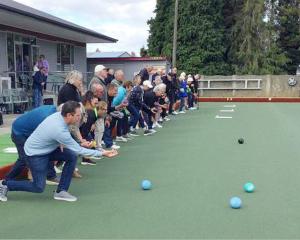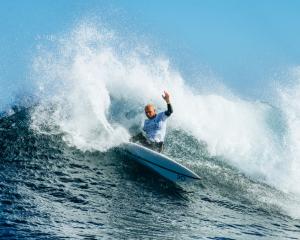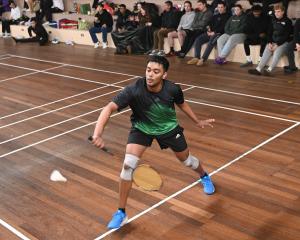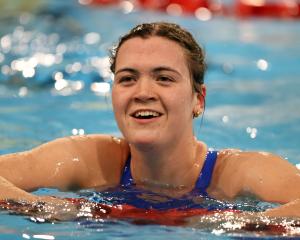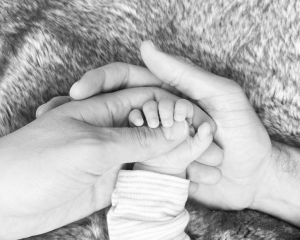The recent off-field saga surrounding the Wallabies is not a one-off drama - it is one episode of a mini-series that has been running for a few seasons.
It took a woman to infiltrate the team and pick at a scab to reveal a seeping culture underneath that stinks of sexism, a pack mentality, and player arrogance that justifies self-serving and bullying behaviour among the players.
The issue isn't whether Di Patston was qualified for the job.
And the gossip regarding the relationship between Patston and Ewen McKenzie is a red herring.
What is more concerning is the deep-seated aspect of this infection and how destructive it has been to Australian rugby for some time.
Senior Wallaby players are publicly standing by Kurtley Beale, even though the texts and images he sent were not only offensive to Patston but also derogatory to all women.
Is there no-one in that team or organisation who can censor these players?
Isn't there anyone giving them wise counsel with regards to how their words can be interpreted by the wider public?
Do they even care?
In the All Blacks, the players stood by the decision of their coach when Aaron Cruden was disciplined for missing a flight, and they reinforced the no idiots culture of the All Blacks by publicly showing disappointment in Cruden's behaviour.
The exact opposite is happening in the Wallabies team.
The senior players are publicly closing ranks, and appear to have no sympathy for Patston or the team's coaching-management staff generally.
McKenzie isn't the first coach to come up against the collective power of players in Australian rugby.
In 2004, David Nucifora was a victim of a player revolt against his coaching style at the Brumbies.
In 2011, Brumbies coach Andy Friend was sacked after two games because he was unable to maintain the support of the team.
In 2013, Melbourne Rebels coach Damien Hill suggested the poor off-field behaviour of some of his players (which included Beale) was ''probably a major factor'' in him losing his job.
In his new book, Robbie Deans reveals how players had covert meetings with Australian rugby boss Bill Pulver to oust him.
Again, Beale featured as a player who angered Deans with his off-field behaviour.
The self-serving attitude of the players during Deans' reign is best demonstrated when, during a debrief after their third-test loss to the Lions, players didn't offer any reasons for their capitulation as a team in the second half, but rather asked for cab charge cards to cover their transport costs back home.
In New Zealand, no player is bigger than the game but, in Australia, it appears players such as Kurtley Beale can break the rules several times without any retribution.
Even now, despite the revelation of the texts and in-flight incident involving Patston, Waratahs coach Michael Cheika is doing everything he can to keep Beale in Australian rugby.
The ARU keeps looking for scapegoats to explain why the Wallabies are losing and having internal issues.
It isn't the fault of one person, and replacing the coach or getting rid of Patston, or even getting rid of a key player such as Beale, is not going to fix the problem.
The Wallabies are struggling because Australian rugby has a culture of player hubris.
Players have the ARU by the family jewels and the team behaviour towards women and authority is normalised by a national culture that celebrates anti-establishment and sexist attitudes.
Australian rugby has its roots in elitism rather than egalitarianism, as was the case in New Zealand.
As an amateur sport, union in Australia attracted well-educated players who didn't need to rely upon the sport for their income.
For them, the joy of union as opposed to Aussie rules or rugby league was the opportunity to travel the world with their mates and represent their country.
They didn't care about external stakeholders or what others thought of them.
That historical foundation of superiority and player arrogance still seems present today.
Australian rugby is also not in a good state, and players such as Beale know they can push the boundaries because the player base is narrow, and the ARU will pay through the nose to keep their players from defecting to other codes, or overseas.
Australian culture is not tolerant of diversity when it comes to gender or ethnicity.
Diamonds netball coach Lisa Alexander suggested recently her country lags behind New Zealand when it comes to attitudes towards women, especially in leadership roles in politics and sport.
So let's not get distracted by who was right or wrong in the latest episode of ''Days of our Wallaby Lives''.
Once this drama is over, I'm sure there will be another one to keep us entertained next season. And while they're still infighting, the All Blacks will reign supreme.


